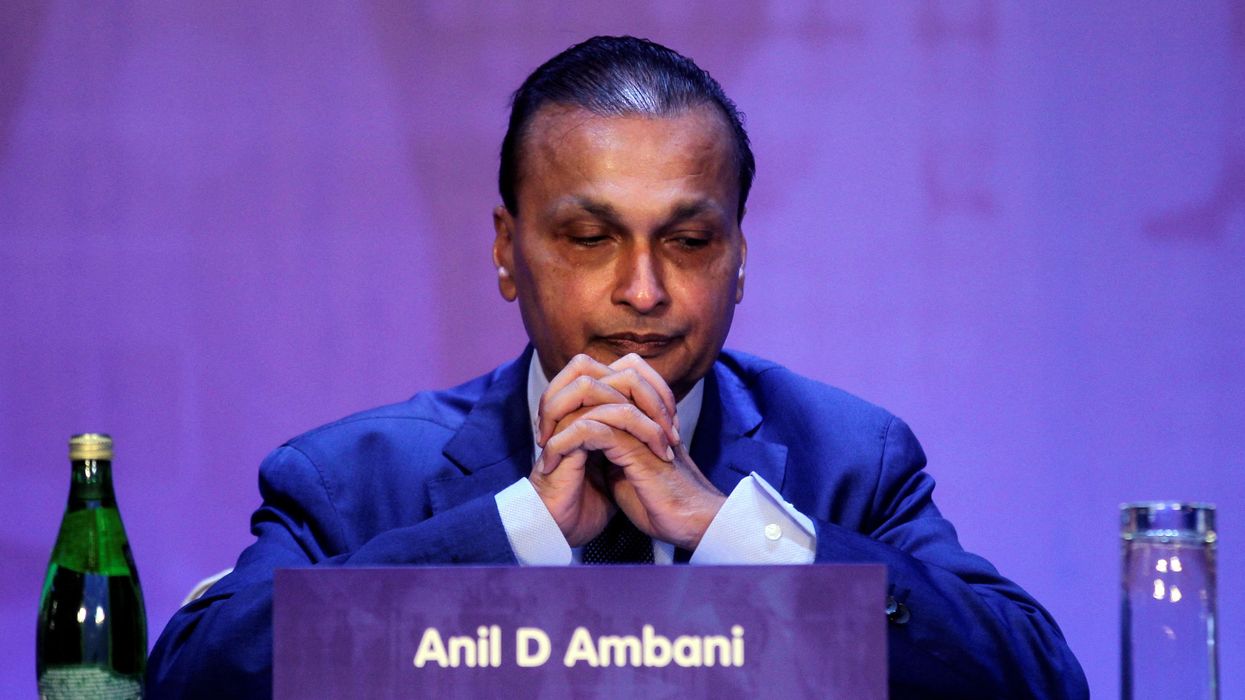INDIA's financial crime agency has searched 35 locations linked to the Reliance Anil Ambani Group as part of an investigation into alleged money laundering and diversion of public funds, a government source told Reuters on Thursday.
According to the source, the Enforcement Directorate (ED) alleges the group was involved in a “well-planned” scheme to divert bank loans worth 30 billion rupees (around £256 million) from YES Bank to various shell companies between 2017 and 2019. The source requested anonymity as he is not authorised to speak to the media.
Entities under Anil Ambani’s Reliance Group are also accused of paying bribes to YES Bank officials before the loans were sanctioned. The source said the approvals violated internal processes at the bank.
Several companies within Anil Ambani’s group, the younger brother of Mukesh Ambani, have entered bankruptcy proceedings since 2017.
YES Bank, which had extended significant loans to the group, was declared insolvent in 2020. It was later rescued under a plan backed by Indian lenders and approved by the central bank. Japan’s Sumitomo Mitsui Banking Corp is looking to acquire a 20 per cent stake, pending regulatory clearance.
The investigation also found serious lapses in YES Bank’s loan disbursement process, including lending to financially weak companies, backdating of credit memos, evergreening of loans to avoid classifying them as nonperforming, and misrepresentation of financials.
Rana Kapoor, the former promoter of YES Bank, was charged with bank fraud by the ED in 2020 and arrested. He pleaded not guilty and was granted bail in 2024 by a special court in Mumbai, according to Indian media reports.
Anil Ambani’s group companies have faced multiple regulatory actions in recent years. In August 2024, SEBI barred Anil Ambani and 24 others from the securities markets for five years, citing diversion of funds from Reliance Home Finance.
Shares of Reliance Infrastructure and Reliance Power fell by up to 5 per cent on Thursday following news of the ED probe.
(With inputs from Reuters)




